It has always astounded me how history text books can be so very boring when people themselves are so fascinating. It’s like they looked at this incredible banquet and were so overwhelmed they just wrote “there was a lot of food”. Hardly a rousing endorsement of the awaiting feast! History teachers can inspire their students to come and enjoy the amazing bounty of human history. We aren’t meant to memorize history, but to share it and understand it.
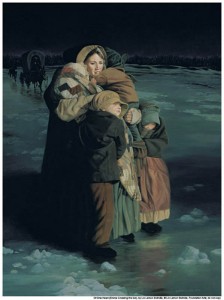 A few weeks ago my daughter and I had a wonderful experience. For about three hours we talked with a friend (whom I’ll refer to as H) about her experiences growing up in Japan. Even the little details in our conversation sparked my curiosity. Did you know that up until the late 1800’s most Japanese people didn’t have a surname — a small part of what having Shoguns meant on a practical level. Eventually, after the Meiji Restoration, families chose their own surname. They didn’t choose based on their own names and who they were related to; they chose based on their natural surroundings: mountain, wisteria, black pine. How beautiful is that? H’s soldier ancestor chose the name “moat”. I began thinking: what would I choose if I were choosing a name? How does it change them to be connected to the land like that? How does taking the surnames away from people change them? What does my name mean to me? How do other cultures choose names? How does disallowing surnames repress people? How did the last Shogun fall? How did the restrictions and control start?
A few weeks ago my daughter and I had a wonderful experience. For about three hours we talked with a friend (whom I’ll refer to as H) about her experiences growing up in Japan. Even the little details in our conversation sparked my curiosity. Did you know that up until the late 1800’s most Japanese people didn’t have a surname — a small part of what having Shoguns meant on a practical level. Eventually, after the Meiji Restoration, families chose their own surname. They didn’t choose based on their own names and who they were related to; they chose based on their natural surroundings: mountain, wisteria, black pine. How beautiful is that? H’s soldier ancestor chose the name “moat”. I began thinking: what would I choose if I were choosing a name? How does it change them to be connected to the land like that? How does taking the surnames away from people change them? What does my name mean to me? How do other cultures choose names? How does disallowing surnames repress people? How did the last Shogun fall? How did the restrictions and control start?
H’s mom is one of thirteen children. Her grandpa died when her mom was quite young. After he died, at some point his family signed some sort of divorce agreement so they wouldn’t be responsible for the family. Her grandma didn’t know about the agreement until years later! All of the children helped and worked. H’s mom was a maid in an earl’s home. The family would educate and train those they hired. She learned to sew, which is how she provided for her family. During the war, H’s mom and a friend were out walking and heard an air-raid siren. As they ran to a bunker, her friend was hit by shrapnel and died — two teenage girls, with one taken and one saved. As I heard that story I couldn’t keep from taking a fresh look at my sixteen-year-old daughter sitting on the couch. This is not a story of battles and weapons and dates. This is a woman’s war story, so there is food rationing, prostitution, and the death of brothers and sons. Both of H’s aunts lost their new husbands and never remarried.
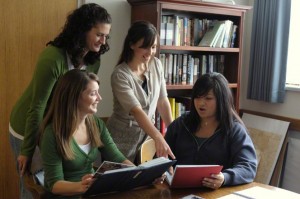 It was interesting to me to hear how World War II is taught in Japan. H remembers being taught that their military-dominated government saw every problem as solvable by invasion and conquering. H was taught that Pearl Harbor was not a surprise attack. It was a direct consequence of oil embargoes.
It was interesting to me to hear how World War II is taught in Japan. H remembers being taught that their military-dominated government saw every problem as solvable by invasion and conquering. H was taught that Pearl Harbor was not a surprise attack. It was a direct consequence of oil embargoes.
In Japan they are taught gratitude for the constitution and democracy they created after the war (with our forceful encouragement). H remembers being taught that the U.S. respectfully didn’t bomb Kyoto, an ancient capital city full of history and religion.
H was taught that the atomic bombs were partially racially motivated. We didn’t drop atomic bombs in Germany. We didn’t have German internment camps (not that political prisoners were not taken, and there was definitely racial tension, but all German-Americans were not suspect enough to be incarcerated). H was taught that one of the reasons we dropped the bombs was partially to have human test subjects. Japanese people were also shocked that two bombs were dropped, as the first bomb was far more than enough.
How does that change your concept of World War 2? Should it? Where is the truth? Now, I am grateful that my country publishes some of the negative activities we ourselves are responsible for, such as Japanese interment camps. But we are still the victor and we are still…us. We do have much to be proud of in our history. I love my country. But we do have an agenda. We have a bias that completely colors how we see and feel and write history. What biases color how I see history, even my own life history?
We are in the process of watching the tapes and transcribing the discussion. There are so many other stories she told and so many others I still want to collect. It’s hard to develop a “them” and “us” feeling when it’s two people sitting on a couch talking — listening to each other’s stories and feeling each other’s pain. It reminds me of a point in The Book of Mormon in which people from different cultures are gathered together. They take turns reading each other’s histories and the empathy they feel is palpable. They don’t debate the histories or point out differences; they just allow the people their truth and feel the pains and joys of it with them. That kind sharing of history begs us not to repeat it. That’s the kind of history that teaches love and understanding and unity.
Britt grew up in a family of six brothers and one sister and gained a bonus sister later. She camped in the High Sierras, canoed down the Colorado, and played volleyball at Brigham Young University. She then served a mission to South Africa.
With all of her time in the gym and the mountains and South Africa, she was totally prepared to become the mother of 2 sons and soon to be 9 daughters. By totally prepared she means willing to love them and muddle through everything else in a partially sleepless state. She is mostly successful at figuring out how to keep the baby clothed, or at least diapered, though her current toddler is challenging this skill.
She feels children naturally love to learn and didn’t want to disrupt childhood curiosity with worksheets and school bells. She loves to play in the dirt, read books, go on adventures, watch her children discover new things, and mentor her children. Her oldest child is currently at a community college and her oldest son is going to high school at a public school. She loves to follow her children in their unique paths and interests.
She loves to write because, unlike the laundry and the dishes, writing stays done. Whenever someone asks her how she does it all she wonders what in the world they think she’s doing.

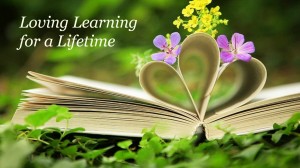
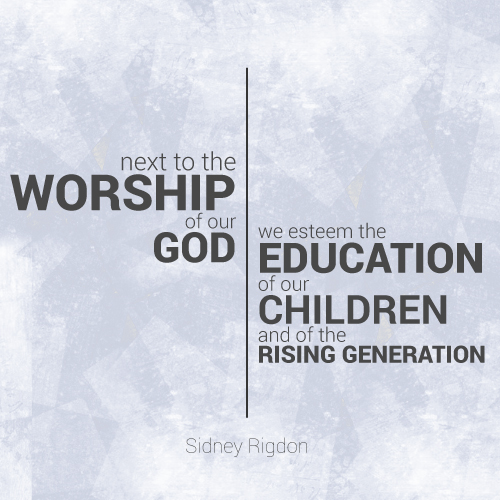
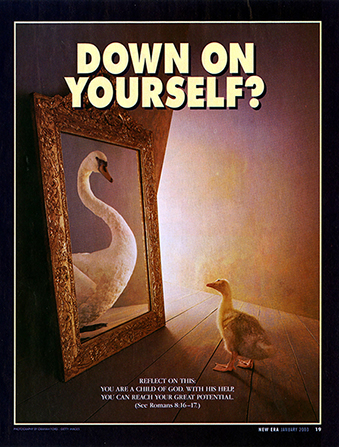



Teaching history with stories is a fabulous idea! We chatted with my husband’s Russian co-worker about the cold war and Chernobyl. It was certainly an eye opening, educational experience. Along those lines, I really like Maybury’s Uncle Eric series teaching about the world wars from a different perspective.
thanks for the suggestion Amy, I’ve read some of the Uncle Eric books, but didn’t realize how many there are!
That would be interesting to talk with someone from russia about chernobyl and the cold war.